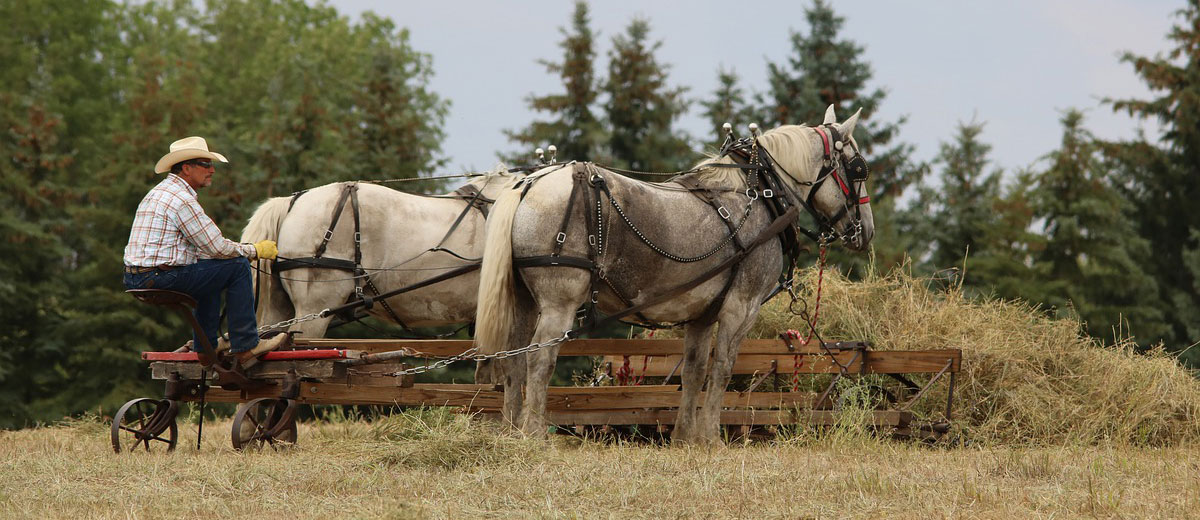Last Saturday marked the end of the annual Agricultural Safety Week in Saskatchewan, running from March 11-17, this year with the focus on the safety of folks 55 years old and over.
The week runs in conjunction with Canadian Agricultural Safety Week, a joint awareness program between the Canadian Agricultural Safety Association (CASA) and the Canadian Federation of Agriculture (CFA), to raise awareness of on-farm safety issues.
“This week helps to remind farmers and ranchers to keep farm safety at the forefront of any operation year round,” Agriculture Minister Lyle Stewart said in a recent media release. “Taking steps to prevent injuries on the farm must always be a priority.”
In previous years, farm safety week focused on children’s safety in 2016, on adults in 2017 and now in mature adults 55 years old or older. According to the 2016 Census of Agriculture, the average age of farmers in Canada is 55 years, and in fact, more farmers are over age 55 than under 35. The issue of safety becomes apparent when you learn that the majority of all Canadian farmers work more than 40 hours each week.
“Canadian Ag Safety Week really asks farm families to have conversations about safety,” Marcel Hacault, CASA’s Executive Director said in the media release. “Everyone has a role on the farm… and everyone can contribute in a safe and productive way.”
A sobering fact to consider about the week is that although the 85% of Canadian producers believe safety is a priority on their farm, less than one in ten (9%) currently have a written agricultural safety plan on their farm or ranch. Farm safety week encourages producers to make the move from believing safety is important, to making the first steps to ensuring safety protocols are followed.
According to another media release from the Saskatchewan Ministry of Agriculture, an average of 13 people are killed on Saskatchewan farms each year. Of these fatal injuries, 75% involve machinery such as grain trucks, semis, tractors, and combines and most incidents occur in the farmyard.
To help make this happen, the CASA and CFA provide a free downloadable pdf form, available at http://casa-acsa.ca/CanadaFarmSafePlan, to help families and farmers to commit to running a safe farming operation. Some common safety measures for farming operators and families include:
- Avoid wearing loose clothing around equipment or work areas
- Use safety equipment the way it was intended
- Always have a helper nearby when entering grain bins, breeding pens or other high-risk areas.
- Discuss safety concerns with children as you explain safe handling and operating procedures
- Keep tractor roll-over protection structures in place, buckle your seatbelt
- Prohibit riders on tractor fenders, hitches, attachments or implements.
- Shield all PTO-powered equipment drive shafts, and keep kids at a distance from them.
For the latest information and for more updates on everything Kindersley ‘Like’ the Kindersley Social Facebook page below…
